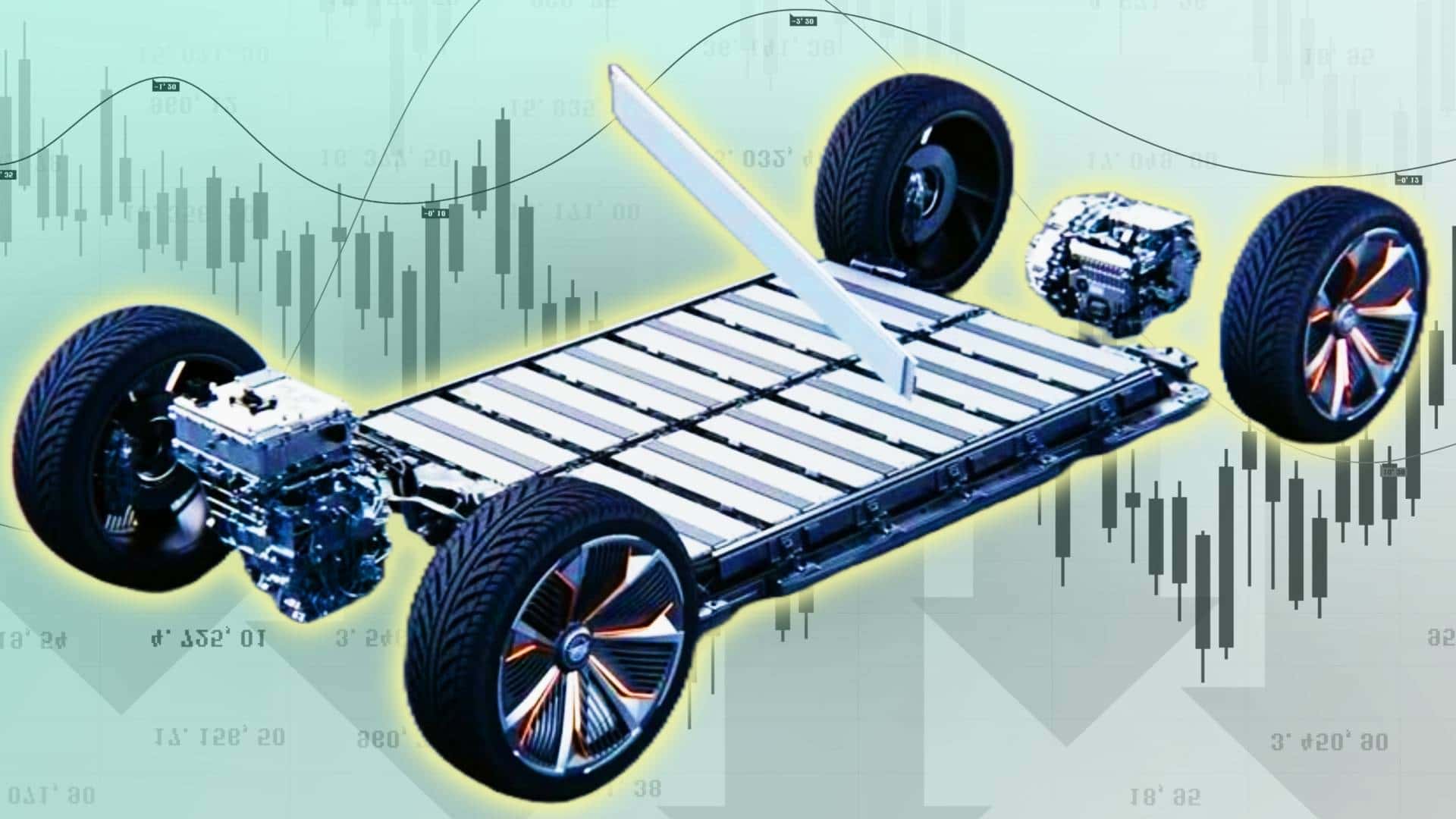Key Takeaways
- Modern EV batteries degrade by an average of 1.8% per year, allowing for a lifespan of over 20 years.
- The battery failure rate for EVs produced in the past decade is below 0.5%, indicating reliability.
- Battery longevity can be improved by maintaining a charge between 20% and 80% and minimizing exposure to extreme heat.
Study Highlights Battery Longevity
A recent study by Geotab, a UK-based telematics company, highlights that modern electric vehicle (EV) batteries are far more resilient than skeptics suggest. On average, these batteries display a degradation rate of just 1.8% per year. With proper care, most can last up to 20 years—significantly outpacing the typical lifespan of conventional vehicles in the U.S., which is roughly 14 years.
The study analyzed over 10,000 EVs, revealing that despite the yearly loss in range, battery performance remains favorable over time. After two decades, an EV can retain around 64% of its original range if well-maintained. Those who doubt the durability of EV technology often cite battery life as a concern, asserting that they won’t last long. However, this findings counter common misconceptions.
While it is true that EV batteries can fail, the incidence is statistically negligible. Data shows that batteries in EVs produced within the last ten years have a failure rate below 0.5%. Battery degradation is not linear and varies by location. It typically sees the most significant decline in the first few years. Following that period, degradation stabilizes, though it can drop again as the battery ages further. Hot climates exacerbate degradation, making it crucial for owners to shade their vehicles, especially during charging.
Modern EVs come equipped with advanced cooling and heating systems to manage battery temperatures. However, the use of DC fast charging, while convenient, can slightly increase degradation compared to slower charging methods. Ensuring that a battery maintains an optimal temperature is crucial for prolonging its life and effectiveness.
The latest versions of the Nissan Leaf feature liquid-cooled battery packs, which help regulate temperatures more effectively than the passive cooling systems used in earlier models. Owners of EVs should strive to keep their battery’s charge between 20% and 80%, particularly for nickel-manganese-cobalt (NMC) and nickel-cobalt-manganese (NCM) batteries. Although this guideline may not directly apply to lithium-iron-phosphate (LFP) batteries, continuous charging of LFP packs could lead to a reduction in lifespan.
Ultimately, battery degradation is an inevitable process for all types of vehicles, including gas-powered ones, due to the wear of parts over time. EV owners are encouraged to adopt best practices to extend battery life, but it is essential to recognize that some degradation will occur irrespective of usage. The good news is that, with improved technologies and better management strategies, EVs can offer a compelling case for long-term ownership and sustainability.
The content above is a summary. For more details, see the source article.















